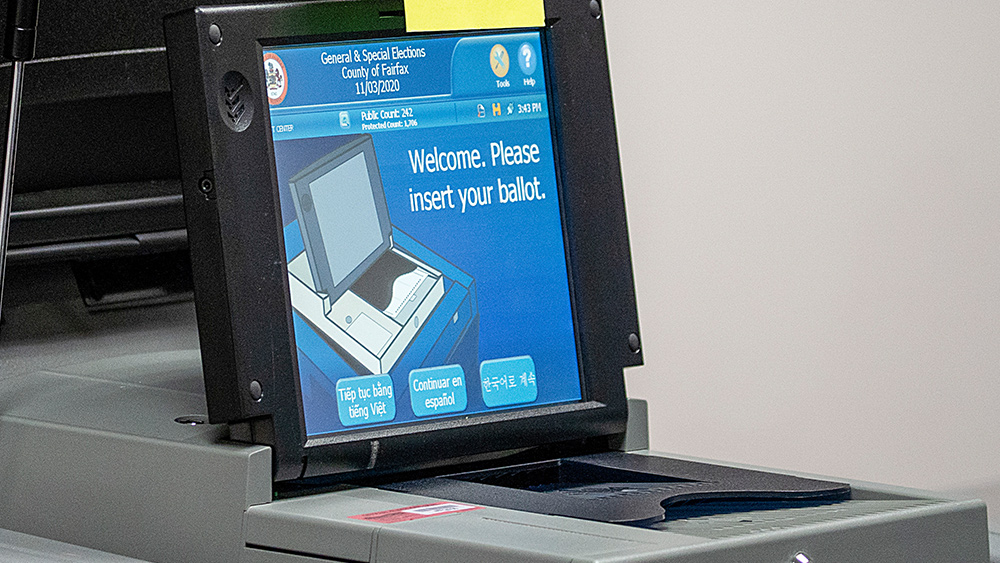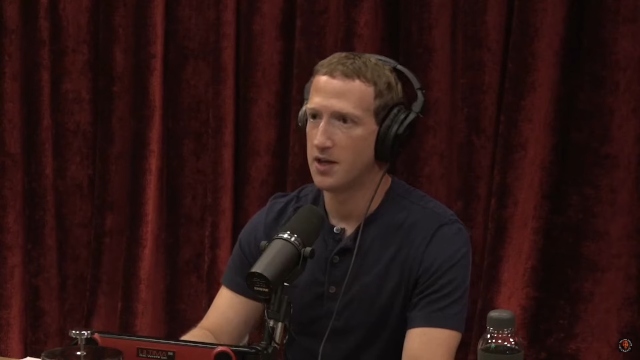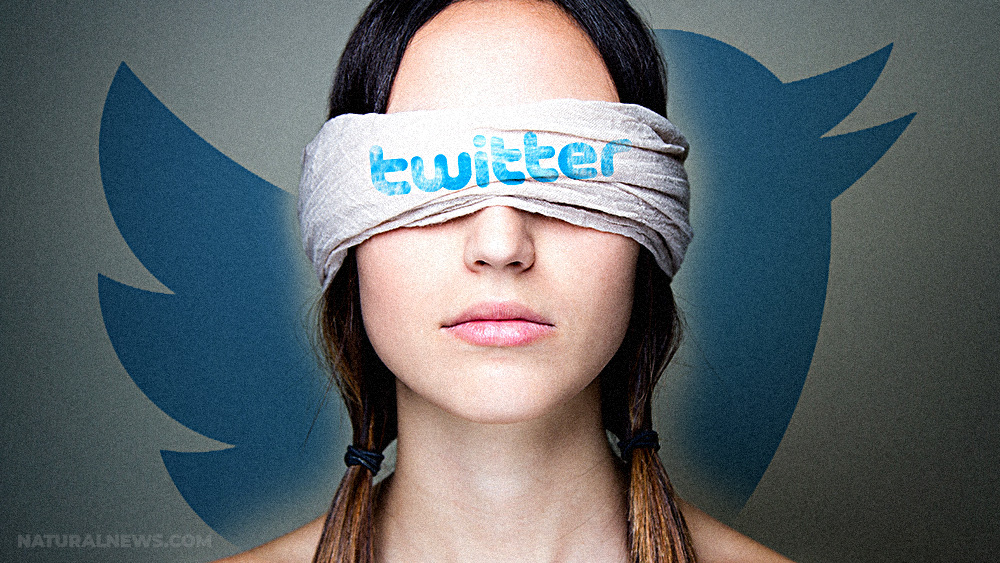Parler’s takedown shows the dangerous power Big Tech companies have over internet discourse
01/21/2021 / By Franz Walker

Following Facebook and Twitter banning both former President Donald Trump and other conservatives, many migrated to alternative social media app Parler. But in a supposed effort to prevent further incitements of violence, both Google and Apple removed Parler from their app stores while Amazon shut of the services’ web servers.
The big tech companies had deemed Parler dangerous with Google calling it an “ongoing urgent public safety thread.” Meanwhile, Apple quickly rejected as insufficient a plan by the company to moderate its content. On the other hand, Amazon’s employees has asked that the company “deny Parler services until it removes posts inciting violence, including at the Presidential inauguration.”
The restrictions on Parler demonstrate how much power big tech companies have over public conversation, even over apps operated by other companies. For years, these companies have avoided such debates by claiming to be content-neutral. But the events of the past few years leading up to last week’s breach of the U.S. Capitol and Trump’s banning for supposedly inciting it, show that they and their software algorithms and content moderation have real-world impact.
Parler CEO says that it did not tolerate content that incited violence
Prior to the site being taken down, Parlet CEO John Matze said that it would not cave in to pressure from other tech companies.
“We will not cave to pressure from anti-competitive actors!” he wrote on a post on the site Friday. “We WON’T cave to politically motivated companies and those authoritarians who hate free speech!”
But despite his objections, Matze did not have much choice but to simply watch his site be taken down. First by Google and Apple removing it from their stores, then eventually by Amazon refusing to host Parler on its cloud services.
In response, Matze has stated that the companies have misrepresented him and that inciting violence – the main reason all these companies have shut Parler down – was something that he did not encourage on the site. (Related: ADL and the fake news media are pressuring Parler to censor ‘hate speech’ accounts.)
“In an interview this week, some believe I gave the impression that I somehow did not care whether Parler is used to incite violence. I want to set the record straight: That interpretation could not be further from the truth,” he said in a statement Sunday, Jan. 10, after the crackdown on the app.
“We do not condone or accept violence on our platform and we never will,” he added.
Matze reiterated that Parler’s community guidelines expressly prohibit threats of violence or incitement. He also added that the company had been hard at work to enforce those rules before the service was shut down.
“Parler is not a surveillance app, so we can’t just write a few algorithms that will quickly locate 100% of objectionable content, especially during periods of rapid growth and the seemingly coordinated malicious attacks that accompany that growth,” he explained. “But that doesn’t mean we haven’t been effective. Up until Friday afternoon, it seemed that Apple, Amazon, and Google agreed.”
Big tech’s control over online discourse under scrutiny
Big tech’s monopoly-like powers have already gone under scrutiny by U.S. lawmakers with both Google and Facebook facing government antitrust lawsuits. Meanwhile, other leaders, including the former President Trump, have called for a review of Section 230 of the 1996 Communications Decency Act that protects these companies from liability from content their user’s posts.
But at the same time, others have criticized these companies for being too lax in their content moderation, saying that they’ve been to permissive when it comes to incendiary speech that can lead to real-world violence or illegal activity.
While some critics and government officials have applauded the tech companies’ moves, some advocates are worried by the subjective nature of the latter.
“It should concern everyone when companies like Facebook and Twitter wield the unchecked power to remove people from platforms that have become indispensable for the speech of billions — especially when political realities make those decisions easier,” said Americal Civil Liberties Union senior legislative counsel Kate Ruane in a statement after Trump was banned on the platforms. “It is our hope that these companies will apply their rules transparently to everyone.”
Follow Censorship.news for more on how big tech is blocking conservative viewpoints.
Sources include:
Submit a correction >>
Tagged Under:
Amazon, Censorship, Facebook, First Amendment, Google, internet, Parler, Social media, Suppressed, Twitter
This article may contain statements that reflect the opinion of the author
RECENT NEWS & ARTICLES
COPYRIGHT © 2017 GLITCH.NEWS
All content posted on this site is protected under Free Speech. Glitch.news is not responsible for content written by contributing authors. The information on this site is provided for educational and entertainment purposes only. It is not intended as a substitute for professional advice of any kind. Glitch.news assumes no responsibility for the use or misuse of this material. All trademarks, registered trademarks and service marks mentioned on this site are the property of their respective owners.



















